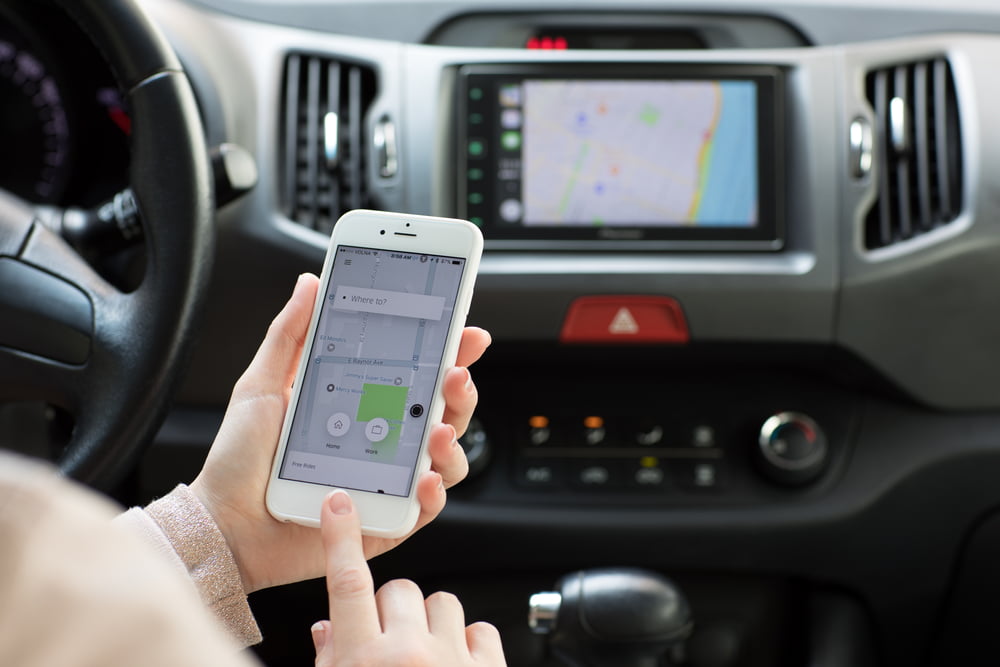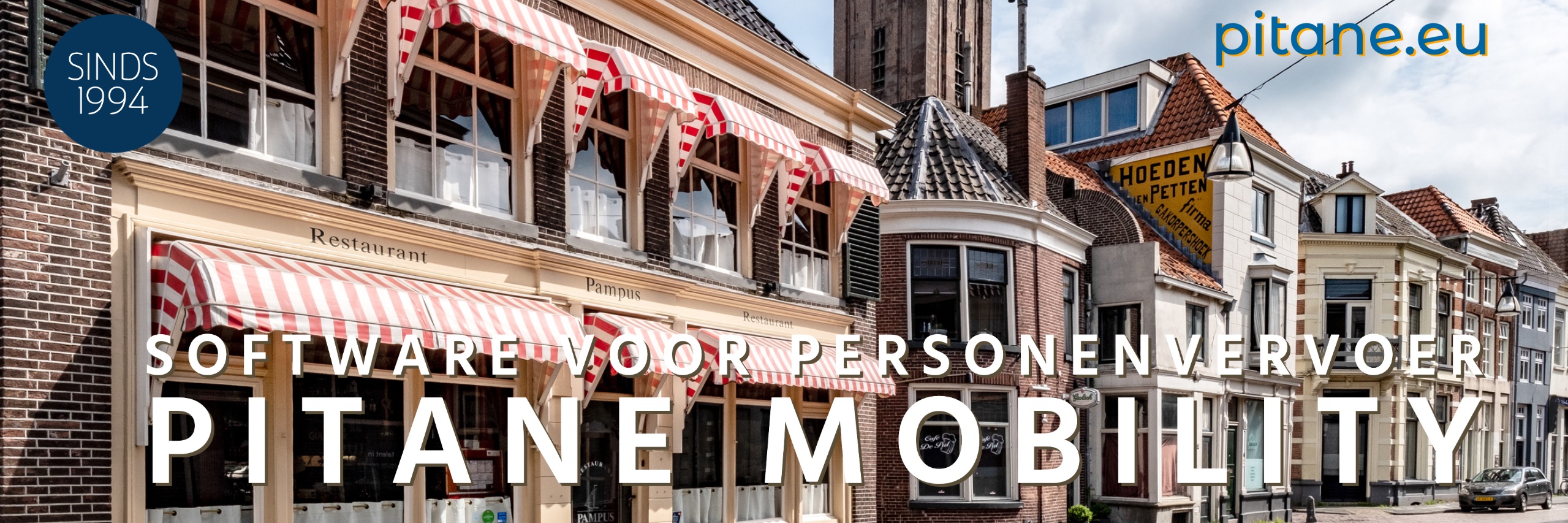The fact that the court decides to consult the Supreme Court also emphasizes the precedent that this case can have.
The court in Amsterdam has ruled in the case brought by the trade union FNV against Uber. The interim ruling appears to be favorable for the union, with the court implicitly seeing Uber more as an employer than as a simple platform for the self-employed. However, the matter is far from decided; the court will ask the Supreme Court for advice, especially with regard to the complex question of whether drivers who also work for other parties should be considered employees or self-employed.
Zakaria Boufangacha, vice-chairman of the FNV, was moderately optimistic about the developments. The court seems to largely rule in favor of the union, but a step is nevertheless taken to consult the Supreme Court. Boufangacha expressed his frustration about the delay this will cause, as this will allow Uber to maintain its current business model, which FNV sees as a 'sham construction', for longer.

The trade union FNV, which has been fighting for years against what they consider unlawful working conditions in the gig economy, seems to have been successful in presenting a strong argument against Uber's current business model.
Uber is embroiled in legal disputes worldwide over the status of its drivers. According to Boufangacha, the company rarely wins these cases and usually sticks to its business model at the expense of the drivers. He therefore called on the government to enforce what he considers bogus self-employment.
The court specifically addressed two central questions: do Uber drivers have an employment contract, and does the Taxi collective labor agreement apply? Although some drivers work as a self-employed person in addition to their work for Uber, the court states that it would be "highly undesirable" if this external work were to influence the protection offered by Dutch labor law.
Amrit Sewgobind, FNV platform work director, emphasized the crucial role that drivers play in this legal process. It was they who took the initiative to address their situation, and by joining the union they were able to start the legal battle against a large platform like Uber. Although the case is being delayed, Sewgobind is confident that they will ultimately come out on top.
Uber response: “We have just received the interim ruling from the Court of Appeal. Although no definitive statement has been shared, we are positive. The Court of Appeal recognizes the entrepreneurship of drivers. They literally write: "Based on the information made available to the court by the parties, the court takes into account that a substantial portion of the drivers are entrepreneurship." We expect the trial to last at least another year. We regret that this means that there will be uncertainty for you for a long time. Today nothing changes. The Uber app remains active in the Netherlands and you can continue to use the app as you are used to. We understand that you may have questions about this. Although we don't have all the answers yet, you can email your questions or comments to questions@uber.com. We will keep you informed. The Uber Team”
Deliveroo ruling
The recent developments in the lawsuit between FNV and Uber become even more complex and urgent in light of the Deliveroo ruling of the Supreme Court on March 24, 2023. In that ruling, various criteria were drawn up to determine whether there is an employment contract, including the entrepreneurship of the worker. The court in Amsterdam now wants to know from the Supreme Court how exactly this criterion should be interpreted. A strict interpretation of the Deliveroo ruling could imply that two Uber drivers who perform identical work could be assessed differently based on their entrepreneurship, which could cause a lot of uncertainty and possible injustice.
In addition to the question about entrepreneurship, there is also a procedural issue that the court wants to submit to the Supreme Court. FNV bases its claim that all Uber drivers must be regarded as employees and therefore fall under the Taxi Collective Labor Agreement, on the Act on declaring provisions of collective labor agreements generally binding and non-binding (AVV Act). The court now wonders whether this specific law is the correct legal instrument for such a demand, or whether FNV should have followed the general legal provisions for initiating a collective action.
The reason that the court asks these so-called preliminary questions is the broad social and legal impact that the answers can have. The outcome of this case is likely to have implications not only for Uber and its drivers, but also for other matters relating to the nature of employment relationships in the gig economy and the procedures that must be followed. Uber, the drivers and FNV will have the opportunity to provide input on the formulation of these questions until November 14, 2023, after which the court will definitively decide which questions will be asked to the Supreme Court.



